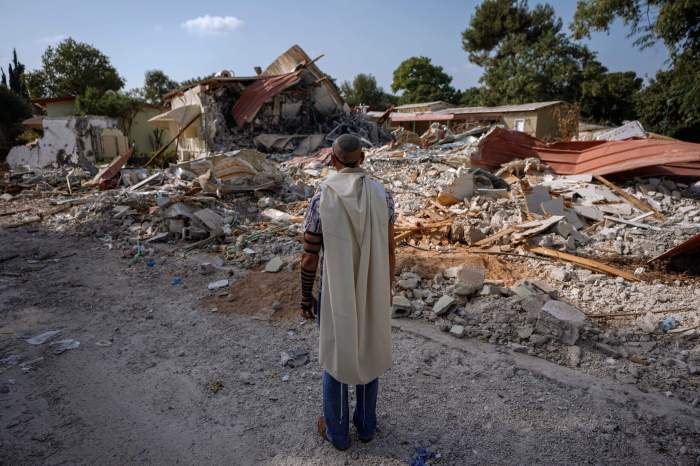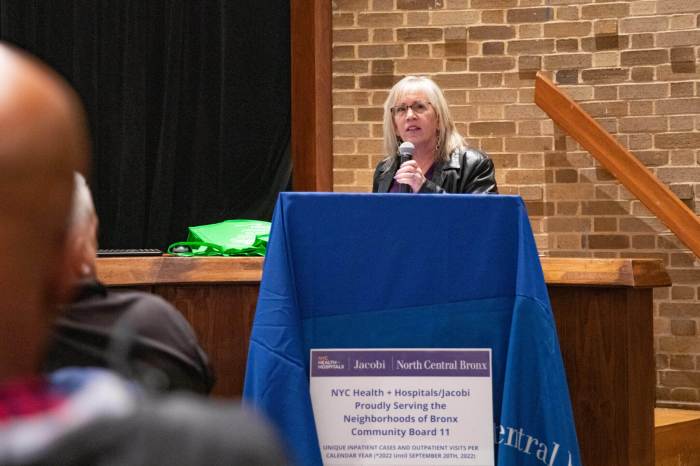For anyone concerned about the environment, Donald Trump has loomed like a mythic destroyer.
The president-elect has called climate change a hoax; wants to “unleash” the nation’s oil, gas and coal reserves even as we move toward wind and solar; and promises to gut years of regulations that are, among other things, forcing power plants to reduce emissions.
There are reasons for grave concern. But in some cases, Trump’s bark might turn out to be worse than his bite.
Court challenges and public pushback could curtail some efforts. His misunderstanding of what’s really pushing the greening of America could mean that deregulation does little to slow market forces leading the way. And Trump’s views are malleable — like last week, when he told The New York Times he has “an open mind” about withdrawing from the Paris climate change agreement.
But some things are clear. The election on Nov. 8 did not repeal the reality of climate change, which will get worse unless efforts to fight it continue. Voters did not opt for dirtier air and water and a more dangerous climate. Green energy innovation will continue. And Republicans in Congress pining to eliminate as many environmental regulations as possible now control both houses and have a GOP president.
Trump and his allies say the choice is between boosting the economy and protecting the environment. It isn’t. We can and must help both. Here are some areas of contention:
n Climate change. Pulling out of last year’s 195-nation Paris pact would take about four years. Withdrawing from the underlying agreement, signed by President George H.W. Bush and ratified by Congress, could take a year and might need congressional approval. But climate negotiators are talking about punishing a U.S. withdrawal by taxing American exports based on the carbon pollution created in making them. That could start a trade war. The Trump administration also could find that negotiations with countries whose help we need on other issues would become more difficult. And public outcry would be fierce.
n Coal. Trump claims lifting restrictions on coal would help produce millions of jobs. But demand for coal has declined for decades. Fracking has made natural gas cheaper and more plentiful, and coal plants have shed jobs through mechanization. In eight years, the share of American electricity produced by coal dropped from 50 percent to 30 percent. Trump probably could lift Obama’s moratorium on new coal leases on federal lands, but miners there already have a glut of coal and aren’t clamoring for more leases.
n Regulations. This might be the most worrisome area. Congress has tried for years to roll back environmental standards — like lifting restrictions on power plant emissions, revising standards for fuel efficiency and pollution for cars and trucks, removing protections from many water bodies, and inhibiting the ability of the Environmental Protection Agency to enforce regulations by cutting its funding. It takes 60 votes to pass legislation in the Senate, and Republicans will have at most 52 seats. But the GOP can act via the budget, which needs only 51 votes. But changes often leads to long legal battles.
The nation has made progress that’s been good for the economy, the health of its people and the survival of Earth. Vehicles emit less pollution, power plants have reduced greenhouse gases, and many states are reducing emissions ahead of schedule. We cannot turn back from that now.

















